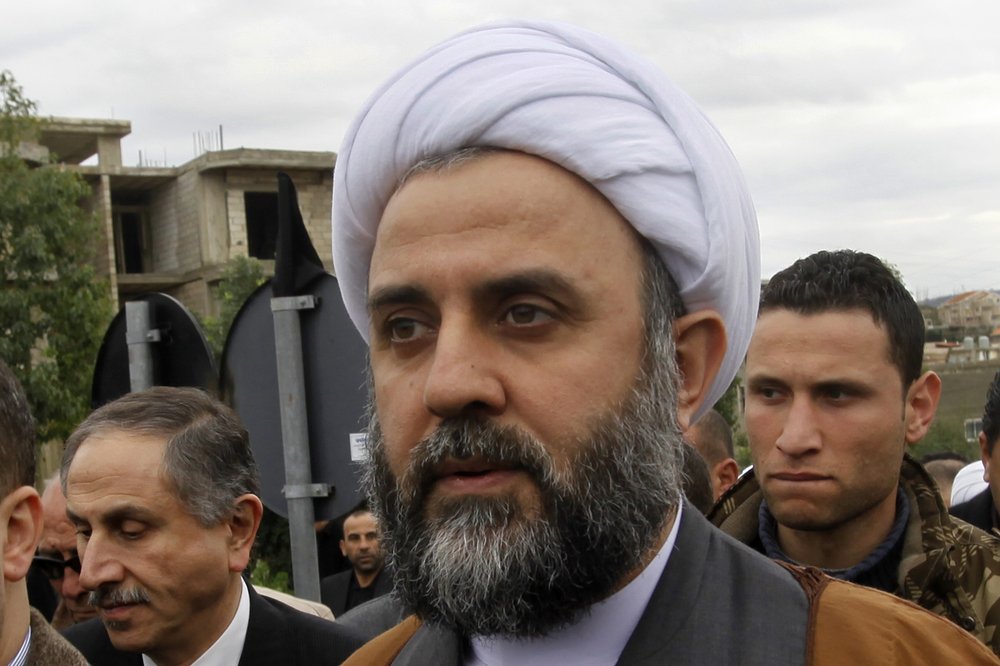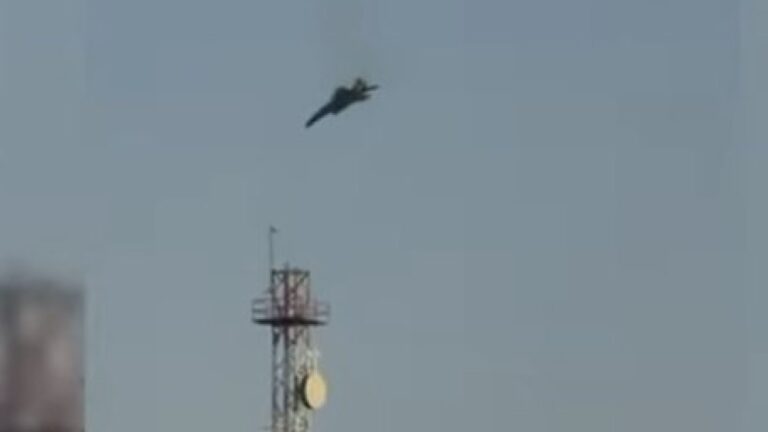The U.S. Treasury has sanctioned two high-ranking Hezbollah officials, including a former military commander in the country’s south.
The sanctioned officials are Nabil Qaouk and Hassan al-Baghdadi, both members of Hezbollah’s Central Council. The Council is responsible for electing members of the group’s top decision-making body, the Shura Council. Qaouk also served as Hezbollah’s military commander in south Lebanon from 1995 until 2010.
“Today we’re designating two Hezbollah officials, further exposing the terrorist group’s activities and disrupting its operational networks,” U.S. Secretary of State Michael Pompeo said in a tweet Friday.
The Trump administration has intensified sanctions on the Iran-backed Lebanese militant group and institutions linked to it to unprecedented levels, targeting lawmakers and allies of the group for the first time. The U.S. considers the group, which is heavily armed and a dominant military and political force in Lebanon, to be a terrorist organization.
Last month, the U.S. Treasury sanctioned two former Cabinet ministers allied with Hezbollah, including the country’s ex-finance minister. Those sanctions were a rare move and delivered a strong message to allies of the group in Lebanon, which is experiencing an unprecedented economic and financial crisis.
Separately, the U.S. Treasury also sanctioned Iran’s ambassador to Iraq — a member of the Quds Force, an elite wing of Iran’s Revolutionary Guard Corps, or IRGC, that oversees foreign operations. Iraj Masjedi took over the political side of Iran’s Iraq portfolio after the leader of the Quds Force, Gen. Qassem Soleimani, was killed in a U.S. attack in January this year.
Pompeo said Masjedi has directed the group’s activities for years, threatening Iraqi stability.
(AP)












One Response
Bush took down Saddam (a Sunni), and his replacement was a Shia who helped Iran and Hezbollah advanced Shia forces towards Israel. This led to the 2006 Israel-Hezbollah conflict.
The Trump administration is helping fix this. Barukh Hashem for Donald Trump.